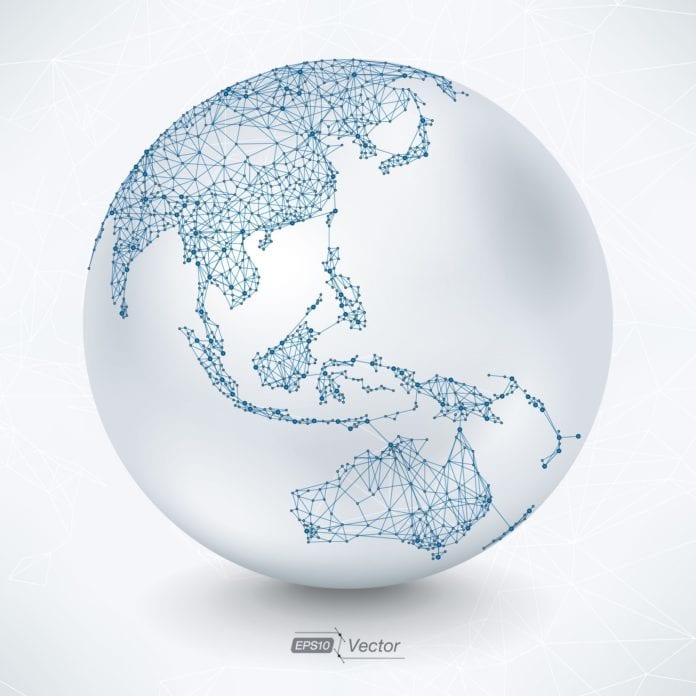The Asia-Pacific region is currently very active in terms of “5G” trials as vendors and mobile operators are carrying out tests with the aim to launch commercial networks before 2020.
South Korean operators are among the most active players in the field, with the country’s second largest mobile operator, KT, stating it expects to complete the construction of a 5G trial network in certain areas of the country by September 2017, ahead of plans for a pilot service during the 2018 Winter Olympics.
KT said it plans to install the network in the Olympic host city of PyeongChang, about 180 kilometers east of Seoul. The South Korean telco said the trial will last between four and five months before it launches a trial 5G service in early February 2018.
In November 2016, KT said it would be the first operator to commercialize the new technology in 2019, a year earlier than its previously stated target. The company in October said it set up the network for a test run in the Gwanghwamun area in downtown Seoul, and claims to have seen data transmission speeds of up to 2.3 gigabits per second. KT is collaborating with vendors including ZTE and Ericsson.
In China, the world’s largest telco in terms of subscribers, China Mobile, recently announced plans to launch tests of 5G technology this year. The telco also confirmed plans to roll out nearly 10,000 compatible base stations by 2020.
China Mobile plans to initially deploy a limited number of 5G base stations in four or five cities across China in order to test the potential of the new technology. In 2018, China Mobile expects to roll out at least 20 5G sites in several cities across the country, with the main goal of testing end-to-end services. The carrier is said to initially focus on sub-6 GHz spectrum, with a view to eventually begin testing higher frequency bands.
In Japan, local mobile operators are also paving the way for future developments of 5G technologies. Local carrier SoftBank believes massive multiple-input/multiple-output antenna technology will represent a key part of the firm’s strategy. The Japanese telco said a total of 100 cell sites, mostly in Tokyo, had already been upgraded with the technology. SoftBank also confirmed the technology would be deployed in a few thousand sites across Japan during 2017, with equipment provided by ZTE and Huawei.
In July 2015, SoftBank signed a memorandum of understanding with ZTE to collaborate on research and development on pre-5G mobile communications networks technology, including massive MIMO.
Australian operators are also carrying out trials towards the future implementation of 5G networks. In September 2016, local carrier Telstra and Ericsson carried out an outdoor test of a 5G trial in Melbourne. The telco said the trial demonstrated 5G capabilities in a real-world environment over a live network, including tests on speed, latency and beam steering. The 5G trial system used 800 megahertz of spectrum, achieving aggregate speeds of more than 20 Gbps.

